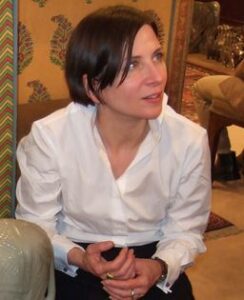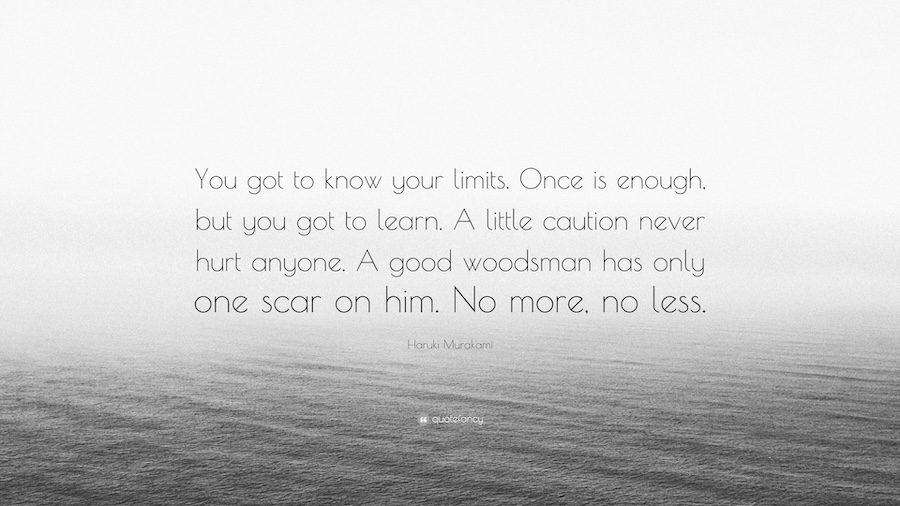If you are working on any kind of writing project, your writing will have a larger structure that you need to carefully engineer. There is a psychological difference between creative sessions and addressing this larger structure. It feels something like the work of an architect drafting plans for a house. An architectural schematic might just have an empty square with a note on the blueprint—”This is area will be finished with bricks for the fireplace.”
A schematic note doesn’t give you any sense information of what it is like to sit in the home in front of the fire and feel the texture of the bricks and the warmth radiating through the house. The blueprint doesn’t communicate the smells and sounds of the burning wood, but it is necessary. To create an experience that appeals to the reader’s senses, a writer needs to enter that space psychologically and experience it themselves in their imagination. That’s the nature of writing and it is important to note the psychological effects on the author. Donna Tartt, an American author who (in my opinion) has created a series of masterpieces, described her writing process this way:
“I’m like an astronaut or something. I’m really, really out there for a very long time.”

Donna Tartt has created a series of masterpieces
Her books seem to come out once every decade, and as an avid reader of her work, I’ve learned not to Google release dates for her novels. It’s better to be pleasantly surprised when one comes out. Tartt speaks to the psychological process of writing. Her metaphor of being an astronaut is the perfect image.

In order to really inhabit the world you wish to create you have to put on your space suit, cut off your sense experience of the everyday world around you, and fully immerse yourself in this new world you are trying to explore. Creativity is freeing, but it is important to note that it is also limiting. Tartt’s creative discipline has yielded the some of the best contemporary novels ever written, but her process requires extreme focus and withdrawal from the constant stream of information most of us constantly expose ourselves too.
So to my original point. As an author, I love wearing that space helmet and looking around at that private world only I can see. But I’m also fully aware that it is an act of sense deprivation that needs support by another process. Writing is like building a house from the inside, and every project needs a secondary process, where you step outside of the sense experience and examine the plans.
This is where another person’s insight becomes invaluable. That person could be an editor or a writing partner or a teacher, but it should be someone as immersed in writing as you are, who is willing to do the work to thoughtfully read your work and develop ideas about it. There are things you can’t see in your own writing because you are inside of it.
Everyone has individual expertise, a field you know a lot of information about and are passionate to explore. Your expertise will naturally appear in your novel, because it’s what you care about. However, a novice in the field in which you are an expert (the reader) won’t have any of the framework for understanding that you may have worked a lifetime to build. A topic which seems simple and fluent to you because of your expertise may be completely lost on your reader. To be continued….








[…] post is a conituation of Writing from Inside the House. Read that one first, then come […]